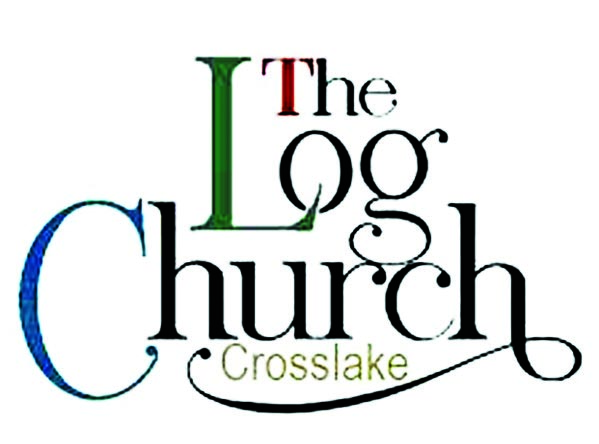The sermon, based on James 3, focuses on the power and challenge of controlling the tongue. The pastor begins by acknowledging how difficult it is to control our speech, noting that everyone struggles with their words. James warns that teachers will be judged more strictly because of the influence of their words, emphasizing that maturity in faith is demonstrated by controlling one’s tongue.
The sermon outlines three key points:
-
The Tongue is Difficult to Control – James highlights how the tongue can both bless and curse, revealing what is truly in our hearts. It can be used for worship or for harm, showing the duality of human nature.
-
Examples of Natural Control – James uses illustrations such as a horse’s bit and a ship’s rudder to show how small things can have significant influence. Likewise, the tongue, though small, has the power to direct our lives and relationships.
-
The Power of the Tongue – The pastor gives historical examples of devastating fires caused by small sparks, comparing them to the destructive nature of careless words. James describes the tongue as a “restless evil” and “full of deadly poison,” capable of setting life on fire if not controlled. He references Proverbs, which warns about gossip, grumbling, and deceit, and he challenges the congregation to consider whether their words build up or tear down.
The solution to taming the tongue, the pastor emphasizes, is spending time with God. He uses the analogy of a child running into a parent’s lap, explaining that God desires for us to abide in Him like a child seeks comfort and love from a parent. The more time we spend with God, the more our hearts change, and our words will begin to reflect His love rather than our fleshly nature.
The sermon concludes with a call to prayer, asking God to help believers control their tongues and reflect His love in their speech. The final message is that our words should be shaped by our closeness to God, and that through His love, we can learn to speak life rather than destruction.
